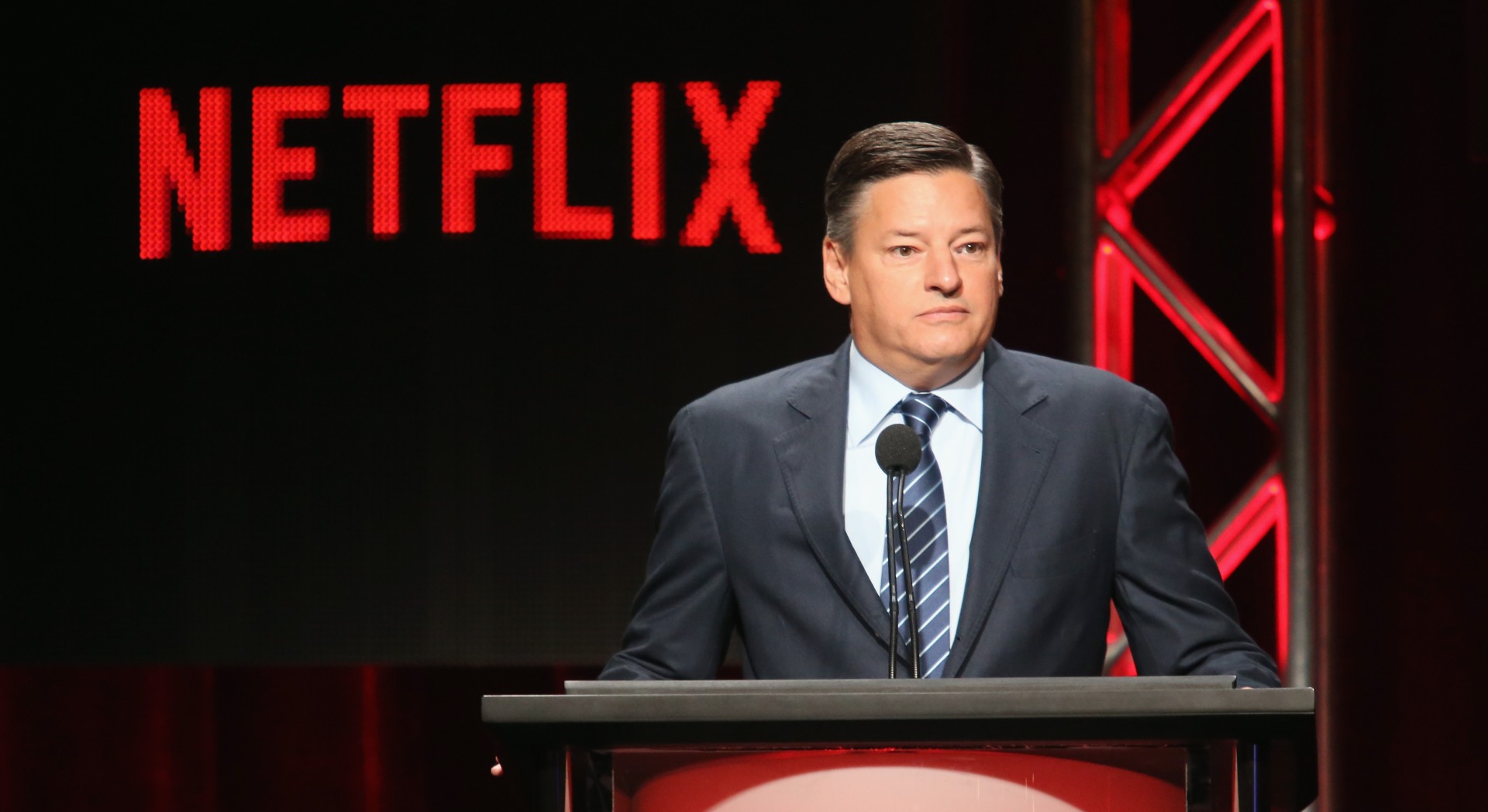OPINION: This article may contain commentary which reflects the author's opinion.
Netflix co-CEO Ted Sarandos justified his decision to defend the streaming giant’s content from woke employees in an article published Saturday.
Describing his decision as “very important” for American culture, Sarandos discussed with The New York Times a memo he wrote that warned employees who are offended by any of the streamer’s content they can look for jobs somewhere else if they weren’t comfortable.
The Daily Wire added:
The change in Netflix’s company culture was in large part due to the backlash the streaming service faced last year over its Dave Chappelle special, “The Closer,” which some employees claimed was transphobic.
Asked how he felt about being touted in conservative media after defending the concept of freedom of speech and expression, Sarandos said, “It used to be a very liberal issue, so it’s an interesting time that we live in.”
“I always said if we censor in the U.S., how are we going to defend our content in the Middle East?” he added.
Sarandos also told the paper that he encourages comedians to cross “the line every once in a while” in order to see where large swaths of the American public stand on certain issues.
“I think it’s very important to the American culture generally to have free expression,” Sarandos said. “We’re programming for a lot of diverse people who have different opinions and different tastes and different styles, and yet we’re not making everything for everybody. We want something for everybody but everything’s not going to be for everybody.”
The CEO went on to say that it “wasn’t hard” to stand up for Chappelle as far-left activists tried to cancel the comedian over remarks he made about transgendered people.
“And rarely do you get the opportunity to put your principles to the test,” Sarandos said. “It was an opportunity to take somebody, like in Dave’s case, who is, by all measure, the comedian of our generation, the most popular comedian on Netflix for sure. Nobody would say that what he does isn’t thoughtful or smart. You just don’t agree with him.”
The recently issued memo contains a section on “Artistic Expression” which states the streaming platform won’t censor specific voices or content even if some employees find it “harmful.”
“If you’d find it hard to support our content breadth, Netflix may not be the best place for you,” the memo states, later adding that employees may be required to work on projects that they “perceive to be harmful” and that if they have a hard time accepting their work assignment, they might want to consider working somewhere else.
“Entertaining the world is an amazing opportunity and also a challenge because viewers have very different tastes and points of view. So we offer a wide variety of TV shows and movies, some of which can be provocative,” the new section reads.
“Not everyone will like — or agree with — everything on our service,” the Artistic Expression section continues. “While every title is different, we approach them based on the same set of principles: we support the artistic expression of the creators we choose to work with; we program for a diversity of audiences and tastes; and we let viewers decide what’s appropriate for them, versus having Netflix censor specific artists or voices.”
The section concludes, “As employees, we support the principle that Netflix offers a diversity of stories, even if we find some titles counter to our own personal values. Depending on your role, you may need to work on titles you perceive to be harmful. If you’d find it hard to support our content breadth, Netflix may not be the best place for you.”
The update also cuts out the following section: “Note that if our company experienced financial difficulty, we wouldn’t ask our employees to accept less pay. A sports team with a losing record still pays top of the personal market for the players they hope will get them back into a winning position. On the other hand, if the company does well, our broadly distributed stock options become quite valuable.”
